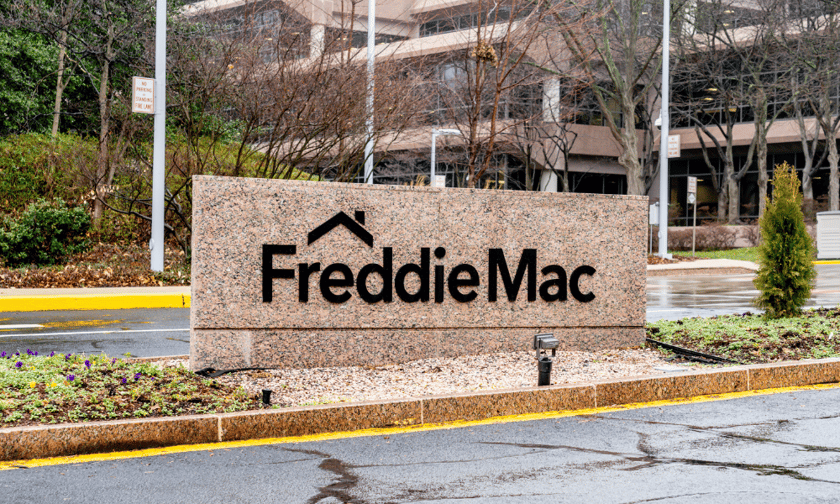

The US District Court for the District of Columbia has ruled that excess insurance carriers cannot challenge coverage decisions made by lower-layer insurers, as part of a split decision in a legal dispute involving the Federal Home Loan Mortgage Corp (Freddie Mac) and Twin City Fire Insurance Co, an underwriting entity of Hartford Financial Services Group Inc.
The case centers on a fifth-layer excess directors and officers (D&O) insurance policy issued by Twin City, part of Freddie Mac’s eight-layer coverage structure. The litigation arose from legal costs incurred by Freddie Mac following the subprime mortgage crisis.
According to a report from AM Best, Freddie Mac reported spending more than $145 million on defense costs related to civil suits, a Securities and Exchange Commission (SEC) investigation, and an SEC lawsuit.
These costs exhausted the first four layers of insurance coverage. The company also faced additional discovery costs, legal fees, and defense expenses tied to an SEC subpoena, most of which were generated during the investigation.
Twin City paid $7.3 million for costs incurred after the SEC investigation concluded but denied coverage for expenses during the investigation. Other excess insurers also declined to cover investigative costs, arguing the SEC was investigating Freddie Mac as an entity, while the D&O policies covered only individual employees.
The court ruled that excess insurers generally cannot avoid their coverage obligations by claiming that the lower layers were improperly exhausted. This precedent strengthens the idea that excess insurers must honor claims once lower-layer coverage has been used up, regardless of their view of how those funds were applied.
The court also addressed whether an SEC subpoena issued to an employee was sufficient to trigger coverage under the D&O policy. Judge Christopher R Cooper ruled that a subpoena alone does not establish coverage. The lender must demonstrate that the subpoena is part of a broader investigation targeting the employee.
“Receipt of an SEC subpoena may indicate an ongoing investigation by the SEC. But, absent the subpoena itself or any evidence of its surrounding circumstances, it is unclear whether that investigation is of a Freddie employee or Freddie the entity,” Cooper wrote.
He added that if the investigation solely targeted Freddie Mac as an entity, with no simultaneous investigation of an employee, the policy would not provide coverage.
What are your thoughts on this story? Please feel free to share your comments below.
